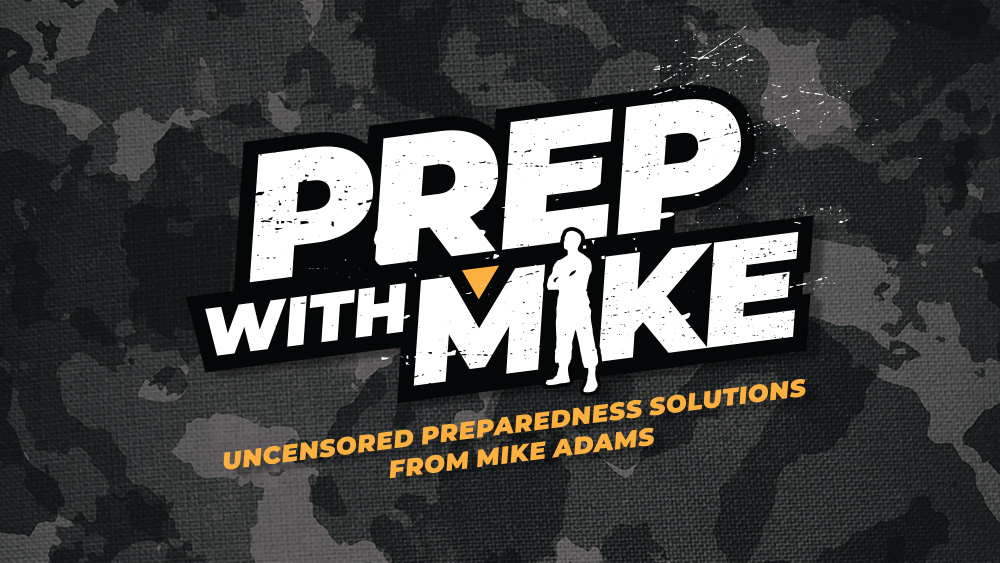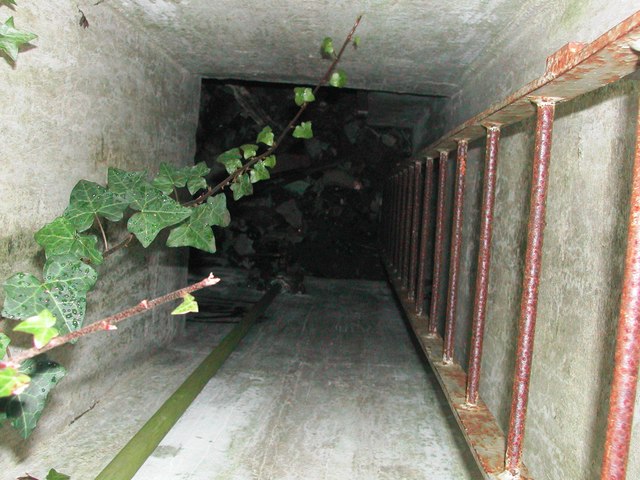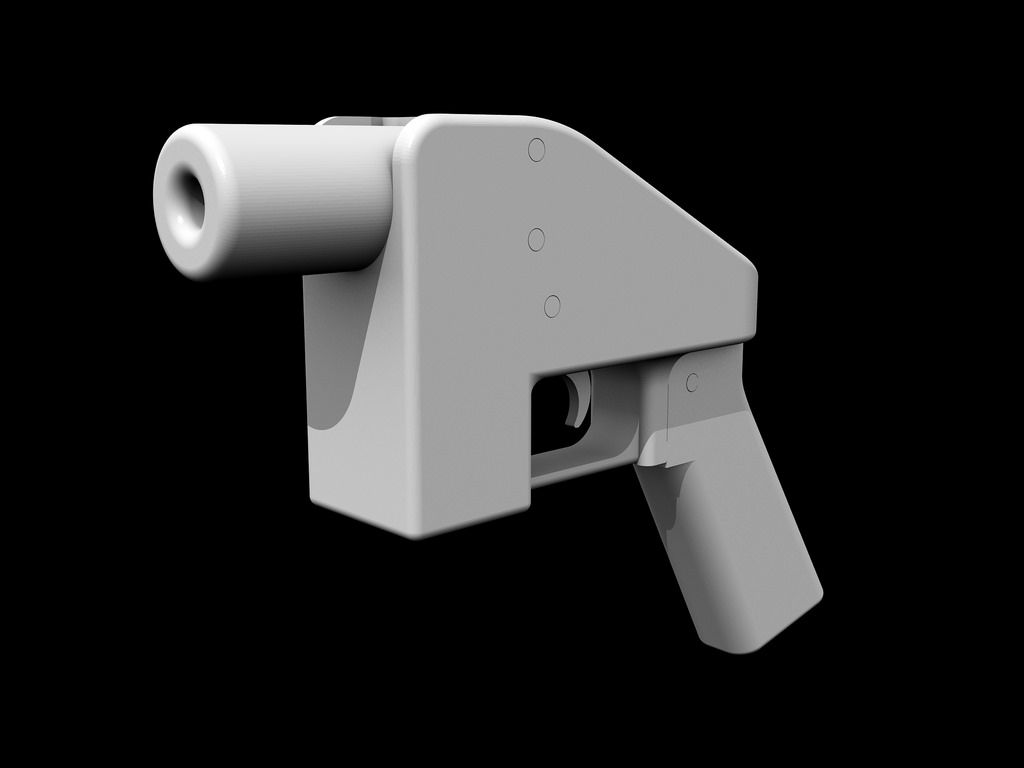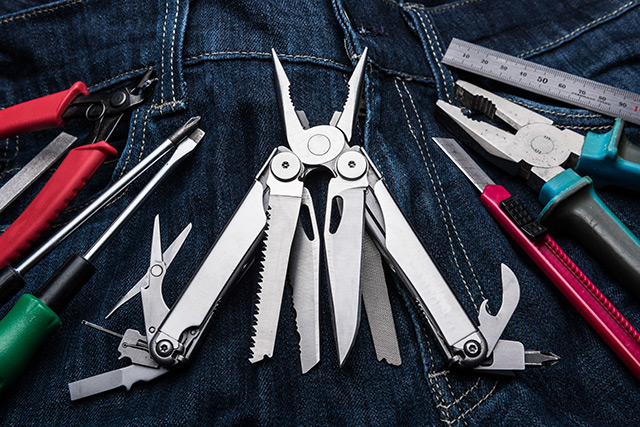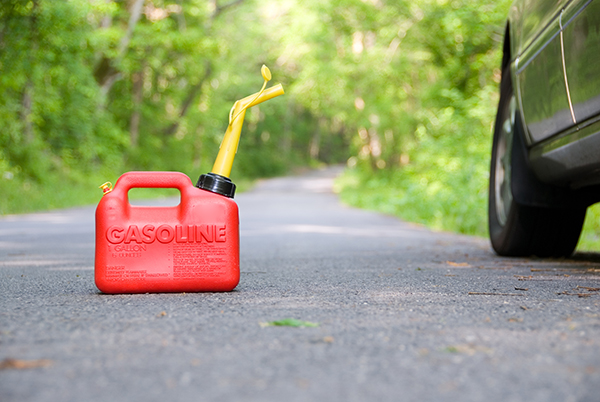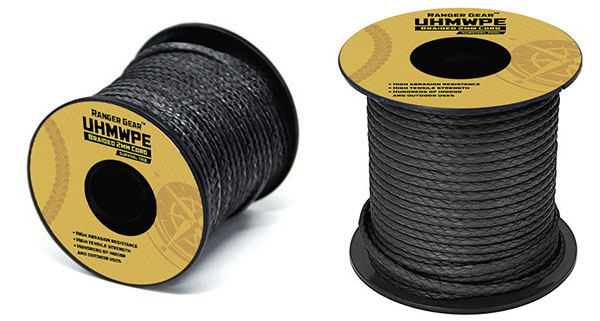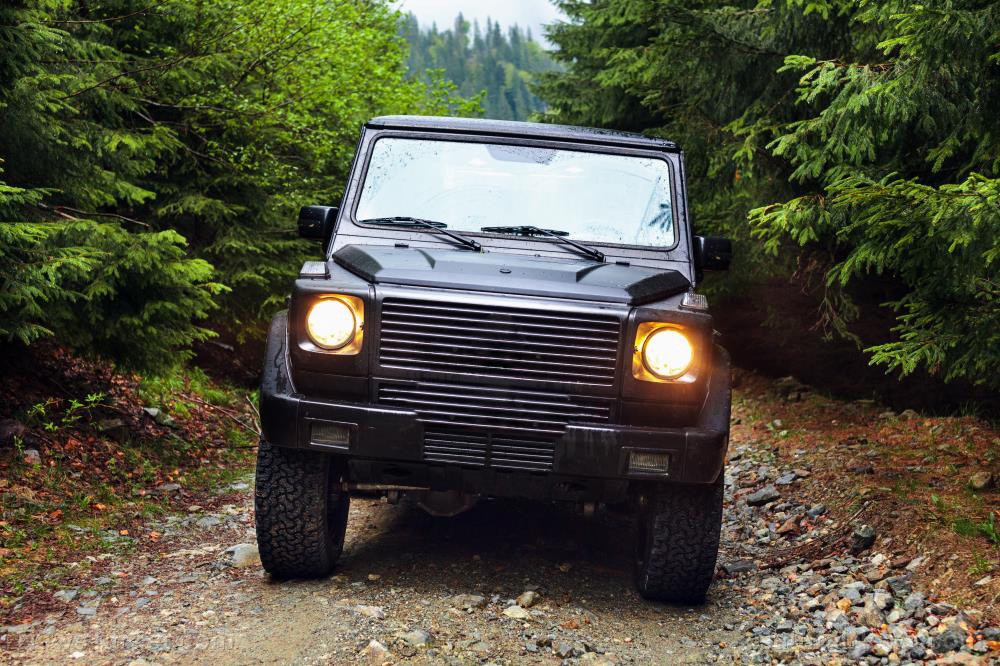10 Must-have off-grid tools for your homestead
10/18/2022 / By Zoey Sky
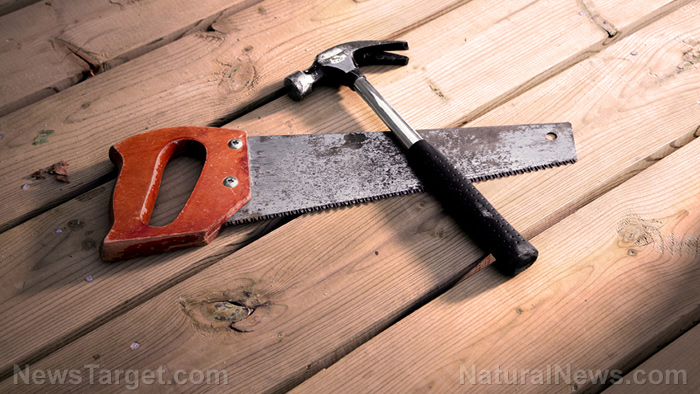
The power grid may go down one day. Having access to important off-grid tools like axes and saws on your homestead means you can build and repair things when SHTF. (h/t to PreppersWill.com)
Even preppers who live off the grid need to buy some items every now and then. And without power, there will be no commodities to buy. So how do you get the items you need after disaster strikes? (Related: 13 Essential non-electric kitchen tools for your off-grid homestead.)
In most cases, you will need to know how to repair things or produce the things you need. But this is only possible if you have the right tools.
Detailed below are 10 hand tools that you should have on your homestead before SHTF. These hand tools don’t run on electricity so you can use them to build or repair things on your homestead after the grid goes down.
Adjustable wrenches
If you have a toolbox with wrenches, consider also getting a high-quality adjustable wrench. These tools are available in a variety of sizes and are ideal for getting into tight spaces where a ratchet and socket cannot reach.
Adjustable wrenches have a thumb screw and you usually only need a couple that will fit a variety of nuts and bolts in both U.S. and metric sizes.
To save space in your toolbox, get adjustable wrenches in several sizes.
Axes
An axe is a must-have tool for survival, even if you’re mostly spending time on your homestead. A sharp axe is perfect for splitting wood, cutting down a tree, de-barking a log for lumber or as a makeshift hammer.
Before SHTF, make sure you have at least two axes: a full-sized axe and a smaller “camp” or “hand” axe.
If you have to bug out, bring the camp axe with you so you can build a shelter, start a fire, hunt or protect yourself.
Car jack
If you have cars on your homestead, you will need a couple of car jacks. Aside from raising your car, jacks can be used to lift heavy structures and move heavy logs like fallen trees and other heavy items.
If you have the original scissor jacks that come with older vehicles, keep the workings lubricated.
Crowbars
With a crowbar, you can easily remove a stump on your property or pry something open. You need a sturdy crowbar to remove embedded pebbles while digging, looting a structure for scrap or gaining leverage on something heavy.
Not many people use crowbars so you may have trouble finding them in stores so visit yard sales or estate sales where you can find a variety of stuff.
Hammers
Even if you’re not a prepper, you need a hammer in your toolbox so you can repair items around the house. With a hammer and some nails, you can mend a leaking roof after SHTF.
Hammers come in different shapes and sizes, each with a certain function. For maximum longevity, choose hammers with fiberglass or steel handles.
Here are some types of hammers and their specific uses:
Claw and framing hammers
These hammers are common and they all have a round head for driving nails. The claw end is used for prying, splitting wood, tearing drywall and other small demolition tasks.
The claw is curved on a claw hammer while it is straight on framing hammers.
Claw and framing hammers are best for:
- Finishing
- Framing
- Prying
- Woodworking
- Small demolition
- Splitting
Ball peen hammer
The ball peen hammer was originally designed for shaping metal materials by hammering or “peening.”
One end of the head is ball-shaped for this specific use. The other end is flat and is used for driving.
Ball peen hammers are best for:
- Metalworking
- Punching and riveting
- Rounding edges
Sledgehammer
Sledgehammers are larger than most hammers and have a metal, mallet-like head. Heavier sledgehammers with longer handles are swung with both hands.
Sledgehammers are best for:
- Breaking stone
- Demolition
- Driving stakes
Hand drills
Before the introduction of electric drills, people drilled holes in things using a hand drill.
A non-electric hand drill is slower, but it does the job well if you have a good set of drill bits.
Hand drills are classified into two types: the “egg-beater” form, which has a side crank, and the hand brace, which resembles a squared letter “C.” The head or knob of a hand brace extends above and the chuck end extends below.
Hand saws
With a hand saw, you can cut wood for heating your home or camp. You also need this tool to saw lumber to fix your house, outbuilding or shelter.
Saws for other materials like metal or PVC pipe are also a must-have for your toolbox, especially if you plan on doing a lot of repairs on your homestead.
Since there are many different types of saws available, get what you need if you work with various materials for your homesteading projects and repairs.
- Bow saws come in various sizes and are used to cut firewood.
- Coping saws are used to make tiny, precise straight or curved cuts.
- Hacksaws are used to cut metal and plastic pipes.
- Jab saws are used to make holes in the interior of sheet materials or boards.
- Rip and crosscut saws are used to make lumber or cut boards.
Screwdrivers
Screw guns are convenient, but you’ll get more work done with regular screwdrivers when the power grid goes down.
Keep a good set of slotted and Phillips screwdrivers in your toolbox.
Sets of ratchets and sockets
Sets of ratchets and sockets are useful and you may need a set of both standard and metric tools in your car and another at home.
If you have solar panels on your roof, you need these tools for repairs and maintenance.
Shovels
Shovels come in a variety of sizes and shapes, each with a distinct purpose.
- A long-handled shovel is best for building a root cellar, digging a latrine or turning soil for your home garden.
- If you live in a snowy environment, you need a snow shovel to keep the snow from piling up on your roof.
Before SHTF, make sure you have these 10 essential homesteading tools in your toolbox and shed. You can also add other tools that you may need for specific uses.
When disaster strikes, you are on your own so you need to have access to tools that will help your homestead run smoothly even after the grid goes down.
Visit Homesteading.news to learn about other supplies you may need for your homestead.
Watch the video below for more information about other useful survival tools.
This video is from the Survival 101 channel on Brighteon.com.
More related stories:
Emergency shelter essentials: 7 Things you need for hassle-free off-grid living.
Sustainable living: 5 Things to consider when farming off the grid.
Self-sustainability and independence: A beginner’s guide to living off the grid.
Sources include:
Submit a correction >>
Tagged Under:
Gear, homesteading, off grid, preparedness, prepper, prepping, self sufficiency, self-reliance, survival, survival gear, tips, tools
This article may contain statements that reflect the opinion of the author
RECENT NEWS & ARTICLES
COPYRIGHT © 2017 GEAR.NEWS
All content posted on this site is protected under Free Speech. Gear.news is not responsible for content written by contributing authors. The information on this site is provided for educational and entertainment purposes only. It is not intended as a substitute for professional advice of any kind. Gear.news assumes no responsibility for the use or misuse of this material. All trademarks, registered trademarks and service marks mentioned on this site are the property of their respective owners.





